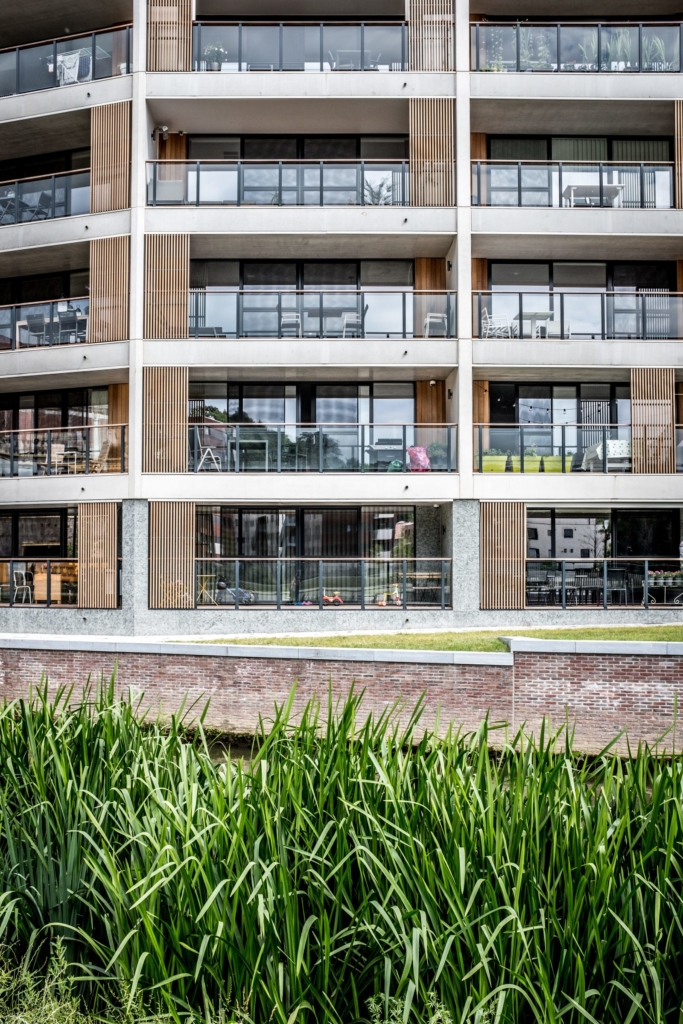
Dear Claire: What’s the Difference Between Condos, Co-Ops, and Townhouses?
Navigating the Differences: Condos, Townhouses, and Co-Ops Explained with Financing Insights
Today on Dear Claire, Heather joins us to discuss the difference between, condos, townhouses, and co-ops. We’ll cover a little bit about each of them and how to go about getting financing.
To start, usually these different types of property will have a homeowner’s association (HOA). The HOA essentially gets to tell you what you can and can’t do with the property. For example, maybe you can’t paint your townhouse purple, you can’t have five cars in the front yard, no RV in the driveway, etc. The HOA has to give you all those rules so you can review them once you are in contract because some of those might be a deal breaker for you. Then you have a certain timeline to review all of them, which is part of the contingencies. The HOA is usually funded through a monthly fee that is on top of your monthly mortgage payment.
For a townhouse house you essentially own the same thing as regular detached home – you own to the center of the earth all the way up to the top of the sky. However with a townhouse you are attached to another house. For a townhouse you may also have common areas such as courtyards, or driveways. The common areas are managed by the HOA. I have also seen townhouses that don’t have any HOA and don’t have any dues.
With a condo you own the interior walls and not the exterior walls. Depending on the HOA for the property you may, or may not, be able to move the interior walls. Mostly you can do projects like interior painting, redo the kitchen countertops, renovate a kitchen, or remodel the bathroom, to a certain extent. There are HOA fees with a condo, and the nice thing about that is then you are not paying for the gutters to be cleaned or don’t have to worry about the siding. All of that maintenance is taken care of by the HOA. Typically even major repairs, like a new sewer line, would be covered by the HOA. So some of the significant repairs that costs quite a bit of money can fall under the umbrella of the HOA, which makes a huge difference.
For a co op you are buying a share. These are very rare in Portland. You’ll see advertisements that say that it’s a co op, and they’re not really co ops, they’re actually just condos. They have amenities like a huge community kitchen or 2-3 acres of property with community gardens. But typically, they’re advertised as co ops and oftentimes they’re selling and exchanging hands just like a condo. And the reason why is because it’s easier to finance a condo rather than a true co op. True co ops are usually found in New York City and there you’re actually owning shares in a corporation you don’t actually own any of the real property. A true co op is much more complicated process to finance because you can’t typically access a conventional loan or a Federal Housing Association (FHA) loan.
With FHA loans, and even Veteran Affairs (VA) loans, there can be restrictions on condos and townhouses regarding what buildings will qualify under those umbrellas. If you’re doing a conventional loan, you will have a little bit more freedom.
We work with these situations all the time and we also have lenders that can guide you along in the process. These types of property offer a lot of freedom while still gaining homeownership equity.
Have more questions or want professional advice on buying or selling a home?
Contact us at [email protected] or (503) 926-5213. We’re here to address all your real estate needs!




